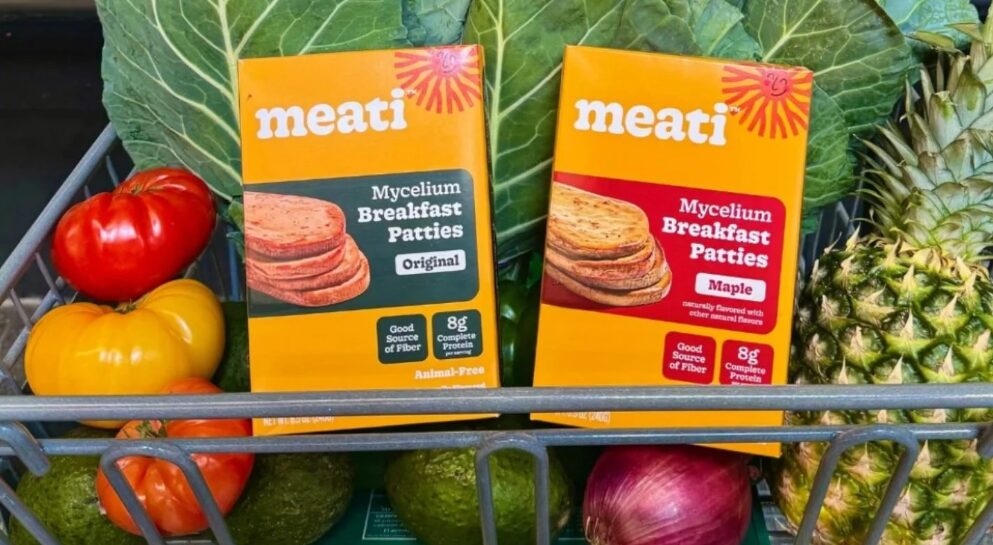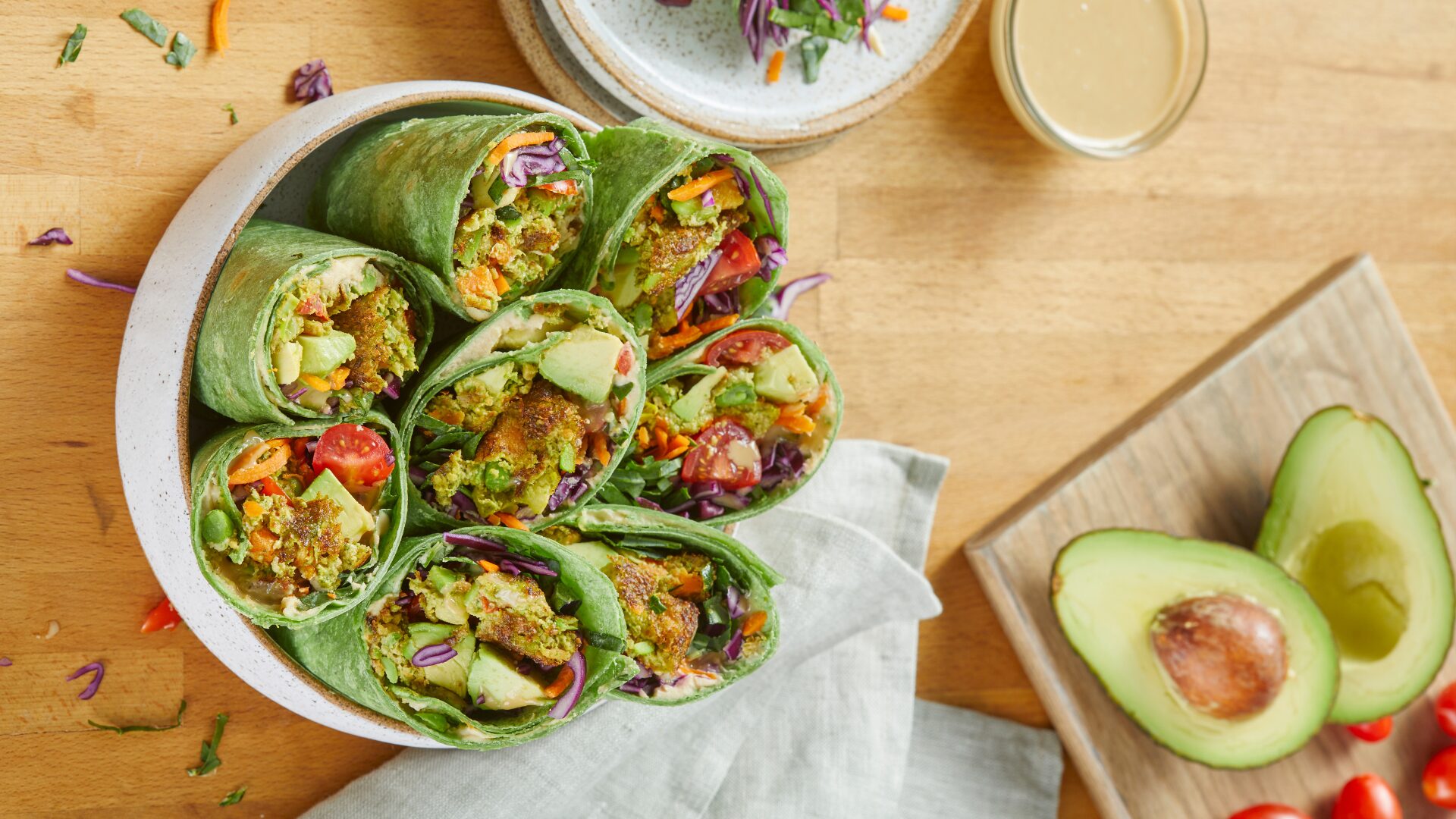While it’s still in its growth stage, the plant-based food category has, undeniably, taken root.
Consider: according to a report by Bloomberg Intelligence, global retail sales of plant-based food alternatives may reach $162 billion by 2030 – up from $29.4 billion in 2020.
Multiple experts feel one obstacle stands between plant-based products and widespread acceptance: taste.
“In order for plant-based foods to become a household name, [they] must reach a certain taste threshold,” said Isaac Thomas, the CEO of VeganNation, a company that aims to support sustainable consumption.
The Food Institute discussed the evolving plant-based segment with several experts as part of its extensive report this month on that topic (the report is free to FI members starting February 15; to join FI click here). Below are excerpts from those conversations (edited for brevity and clarity).
WHICH PLANT-BASED PRODUCTS ARE POISED TO GAIN MARKET SHARE?
“Some of the plant-based food products that have been successful in recent years and appear poised to gain even more market share in the future are vegan cheese, meatless meat, and plant-based ice cream. These products [are] appealing to customers who are looking for healthier and more sustainable options.” – Lindsey Hyland, founder UrbanOrganicYield.com
“Within the plant-based product world, we’re seeing people turn their attention toward sustainable ingredients, nutritional relevancy, and convenience. – Jennifer Estevez, managing partner of plant-based business advisory Consciously Planted
WHAT WILL IT TAKE FOR THE PLANT-BASED CATEGORY TO GAIN WIDESPREAD ADOPTION BY CONSUMERS?
“These products need to offer tastes and textures that are similar enough to animal-based counterparts to convince people of their worth. Both vegan cheese and meatless meat have struggled with texture complications in the past, due largely to unfamiliarity with some ingredients used in manufacturing – too many substitutes have been made from cauliflower, soybean curd, potato starch, pea protein, and other starches, instead of using legumes or whole grains.” – Hyland
“The moment there will be a great-tasting, plant-based burger indistinguishable from meat-based burgers people will feel less compromised when choosing plant-based. Which is why we believe that plant-based burgers have the most potential to gain market traction; their ability to unite groups around a much-loved food can truly make such a product viral.” – Thomas












